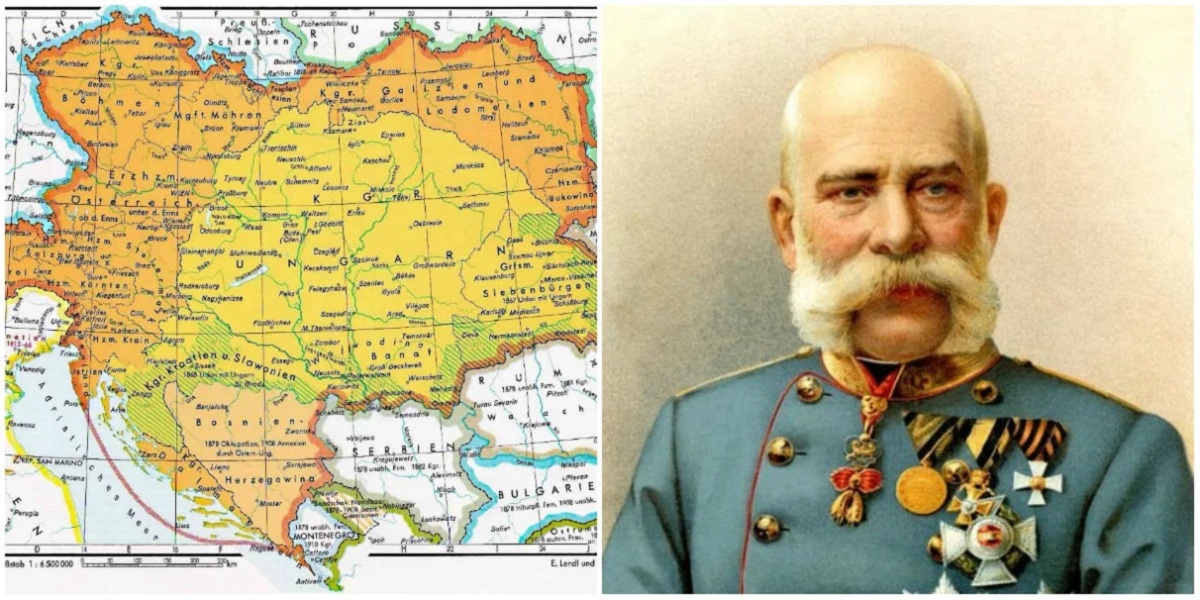VictortheMonarch
Victor the Crusader
Okay then, I am beginning this thread on the discussion of Monarchy as a whole. All views are allowed so long as we don't derail. So then, I will begin.
Personally I am a Monarchist, and as one I will defend my view point. Please do make your view obvious, between Monarchist, Monarchist Sympathizer, Neutral, Anti-Monarchist Sympathizer, and Anti-Monarchist.
As I see it there are many good points to Monarchy, such as how it is cheaper to have a monarch than a reoccurring Election, For instance, the Queen barely cost a dime for the British Government, and while yes they still do have elections, it doesn't cost nearly as much as the 6.5 billion USD it cost the United States Government each election.
There is also the fact there is more Stability in the nation. A monarchy goes through less tumultuous periods of changing leaders, as most monarchs live and reign 20-30 years. Not only that, but each one is raised from birth to lead in the modern monarchy. To be upstanding citizens. And while some of which do not do so, (Rama X, for example) most tend to stick to strict morals. Now tell me, who would you prefer, someone taught from birth to lead, or some old guy with Alzheimer's?
Monarchies tend to be more efficient. Instead of two-three days of debate over whether a certain measure can be put in place in a period where time is limited, a monarch can make that call, saving lives well before a elected body can.
While each of my points are good, there are some downsides.
Just because the lines of succession are outlined before they are needed does not guarantee the next ruler will be competent. Some rulers may not even wish to take over their assigned responsibilities. Being born into a specific position is very different than being specifically educated and pursuing a career that can lead an individual into a leadership position. We've seen that recently in the British Monarchy. A prince who didn't want anything to do with monarchy left suddenly after marrying and has since become a bed of controversy.
Although tyranny can form under any structure of government, it is easier to form within the structure of a monarchy. Many governments attempt to balance the powers of a monarchy between multiple groups, but a ruler that is determined to be cruel and unreasonable can dictate that all powers funnel through them. Sometimes referred to as a dictatorship, autocracy, or despotism, great harm can occur when it is present. Mao Zedong, in power for 34 years in China, is responsible for up to 75 million deaths.
While there is more, I will leave that to others to decide on.
Personally I am a Monarchist, and as one I will defend my view point. Please do make your view obvious, between Monarchist, Monarchist Sympathizer, Neutral, Anti-Monarchist Sympathizer, and Anti-Monarchist.
As I see it there are many good points to Monarchy, such as how it is cheaper to have a monarch than a reoccurring Election, For instance, the Queen barely cost a dime for the British Government, and while yes they still do have elections, it doesn't cost nearly as much as the 6.5 billion USD it cost the United States Government each election.
There is also the fact there is more Stability in the nation. A monarchy goes through less tumultuous periods of changing leaders, as most monarchs live and reign 20-30 years. Not only that, but each one is raised from birth to lead in the modern monarchy. To be upstanding citizens. And while some of which do not do so, (Rama X, for example) most tend to stick to strict morals. Now tell me, who would you prefer, someone taught from birth to lead, or some old guy with Alzheimer's?
Monarchies tend to be more efficient. Instead of two-three days of debate over whether a certain measure can be put in place in a period where time is limited, a monarch can make that call, saving lives well before a elected body can.
While each of my points are good, there are some downsides.
Just because the lines of succession are outlined before they are needed does not guarantee the next ruler will be competent. Some rulers may not even wish to take over their assigned responsibilities. Being born into a specific position is very different than being specifically educated and pursuing a career that can lead an individual into a leadership position. We've seen that recently in the British Monarchy. A prince who didn't want anything to do with monarchy left suddenly after marrying and has since become a bed of controversy.
Although tyranny can form under any structure of government, it is easier to form within the structure of a monarchy. Many governments attempt to balance the powers of a monarchy between multiple groups, but a ruler that is determined to be cruel and unreasonable can dictate that all powers funnel through them. Sometimes referred to as a dictatorship, autocracy, or despotism, great harm can occur when it is present. Mao Zedong, in power for 34 years in China, is responsible for up to 75 million deaths.
While there is more, I will leave that to others to decide on.




